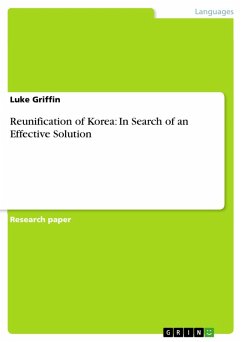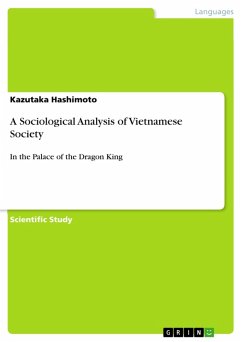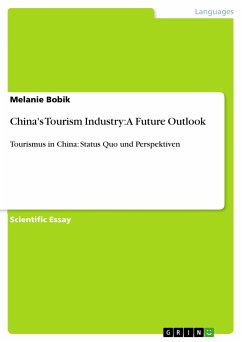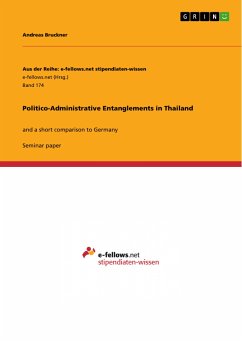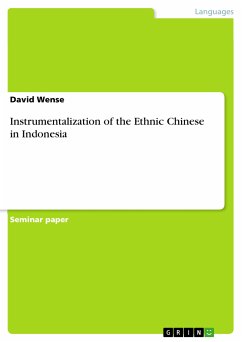Research Paper (undergraduate) from the year 2011 in the subject South Asian Studies, South-Eastern Asian Studies, Macquarie University, course: Sociology of politics, language: English, abstract: This research paper provides a critical analysis of past and present methods adopted by China, the United States, as well as North and South Korea for the purpose of Korean reunification. It establishes a historical and cultural context with which these different policy approaches have evolved and notes the various utilities and insufficiencies of each. Common diplomatic obstacles that have previously thwarted attempts at improving conditions within North Korea will also be highlighted, as these challenges are likely to have a continued effect on the future prospects of reunification. This paper also examines the vastly negative economic and sociological implications of reunifying the two Koreas, as this has resulted in a strong political incentive to maintain the status quo. A body of research will be drawn upon to establish the most economically viable method for reunification to address these issues. Finally, the purpose of this paper is to incorporate all of the topics examined to propose a pragmatic and viable solution to the issues that stand in the way of a reunified Korea.
Dieser Download kann aus rechtlichen Gründen nur mit Rechnungsadresse in A, B, BG, CY, CZ, D, DK, EW, E, FIN, F, GR, HR, H, IRL, I, LT, L, LR, M, NL, PL, P, R, S, SLO, SK ausgeliefert werden.

